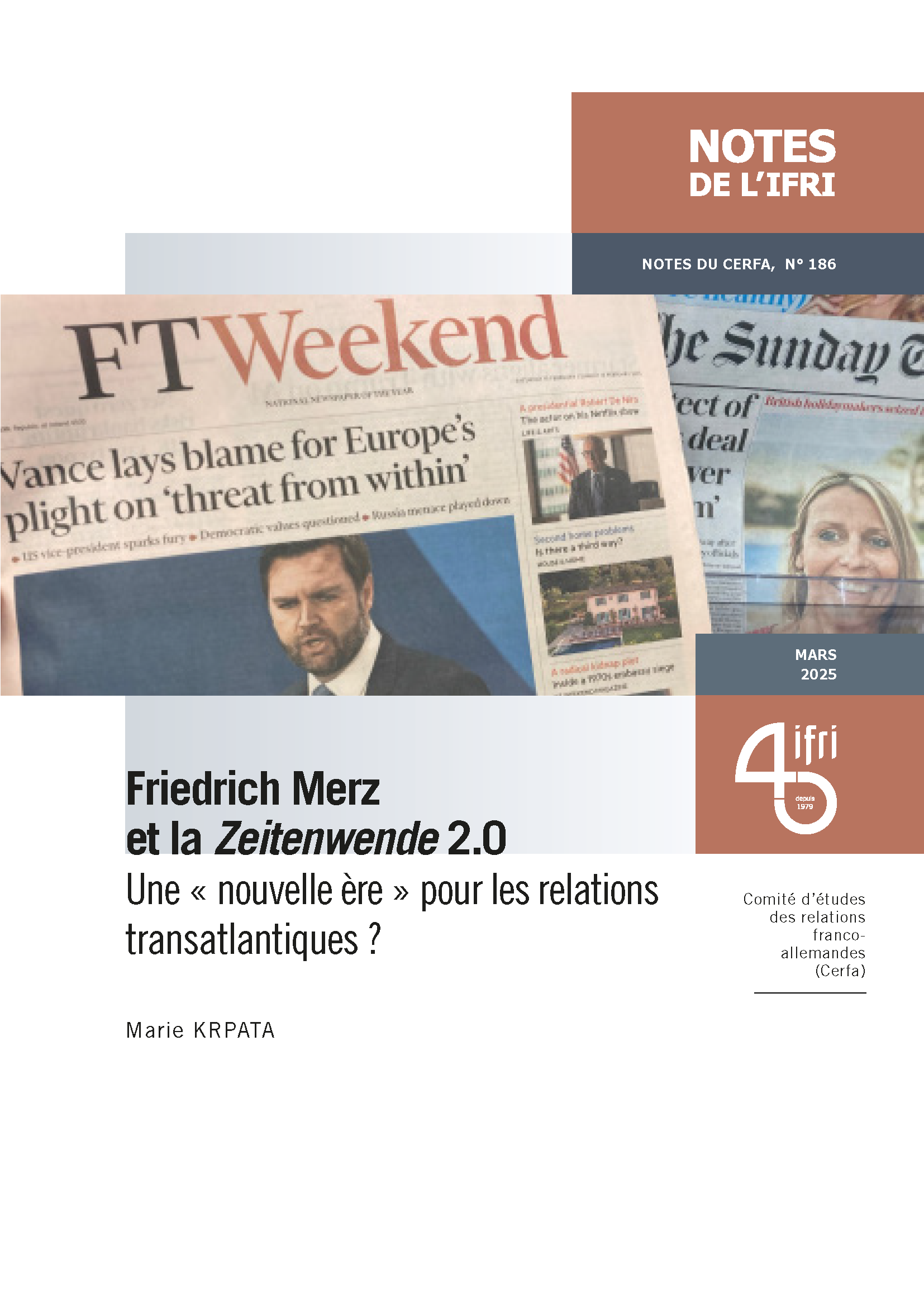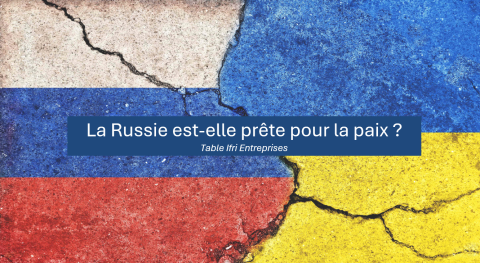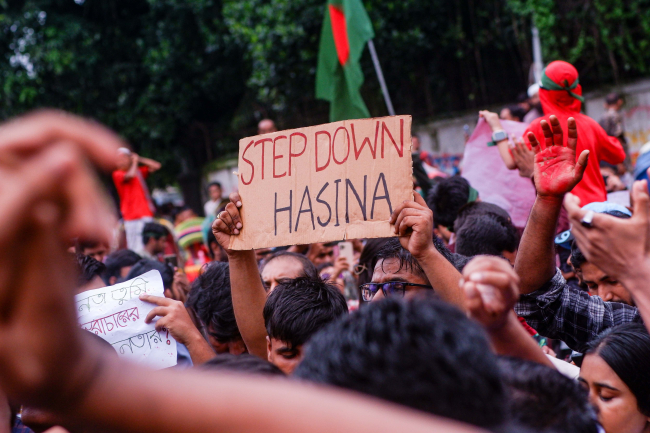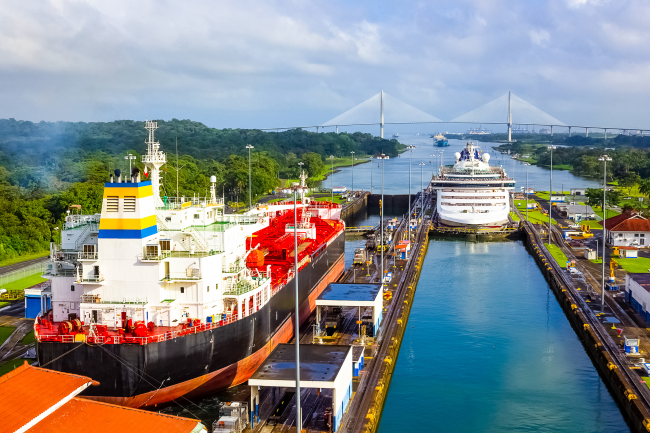De facto and de jure regional economic integration in East Asia: How do they interact
A salient feature of the East Asian region is the persistent discrepancy between the progress in de facto and de jure economic integration. East Asia has long been said to be the champion of loose regional economic integration, with deepening intra-regional trade and investment linkages in the absence of any formal co-operative scheme. However, an oft-heard claim is that East Asia has been shifting recently towards an institution-based form of regional economic cooperation, primarily as a result of the 1997-98 financial crisis. Next to post-crisis financial cooperation schemes under the ASEAN+3, the surge of Regional Trade Agreements (RTAs) involving East Asian countries is thought by some to further substantiate this claim. The objective of the paper is twofold, first to assess the validity of the afore mentioned claim, and secondly to examine the links between de facto and de jure economic integration in East Asia, compared to other regions of the world. In the process, the sequencing between trade and monetary cooperation is also addressed. The paper starts by providing a candid assessment of the current state of play of economic cooperation in East Asia (de jure integration), both from the trade and the financial/monetary perspective, and highlights the limitations of the formal regional integration movement in East Asia to date. As a next step it explores the changing nature of intra-regional trade and investment linkages, contrasts it to the situation in other parts of the world such as Europe and examines to what extent this new form of interdependence may be instrumental in making formal regional economic schemes more attractive. A major conclusion is that de facto trade integration may not automatically lead to deeper regional trade cooperation de jure and that its impact is likely to be stronger on monetary cooperation projects.

Contenu disponible en :
Régions et thématiques
Utilisation
Comment citer cette publicationPartager
Centres et programmes liés
Découvrez nos autres centres et programmes de rechercheEn savoir plus
Découvrir toutes nos analysesAprès la révolution de la mousson, quel avenir politique pour le Bangladesh ?
Entre juillet et août 2024, 36 jours d’un soulèvement sans précédent ont mis fin à quinze ans de règne de Sheikh Hasina.
Accélération de la transition énergétique de l’Inde : le défi de la flexibilité des réseaux au cœur des enjeux
L’Inde augmente rapidement sa capacité en énergies renouvelables (EnR), ajoutant 15 à 20 GW par an, mais l’objectif ambitieux de 500 GW de capacité non fossile d’ici 2030 est menacé si le rythme de déploiement des EnR ne s’accélère pas.

La posture de défense française face aux défis de l'Indo-Pacifique
Le groupe aéronaval (GAN) autour du porte-avions Charles de Gaulle se déploie actuellement dans les eaux de l’Indo-Pacifique. La mission Clémenceau 2025 le conduira dans l’océan Indien et jusqu’en Asie orientale, démontrant la volonté et la capacité de la France de défendre la liberté de navigation et d'accès aux espaces communs.
Le Mexique et le Panama dans la dynamique Indo-Pacifique. Quels enjeux pour la France ?
L’Amérique centrale, théâtre croissant de la rivalité sino-américaine, renferme des enjeux significatifs en termes d’accès à l’espace indopacifique pour la France.














